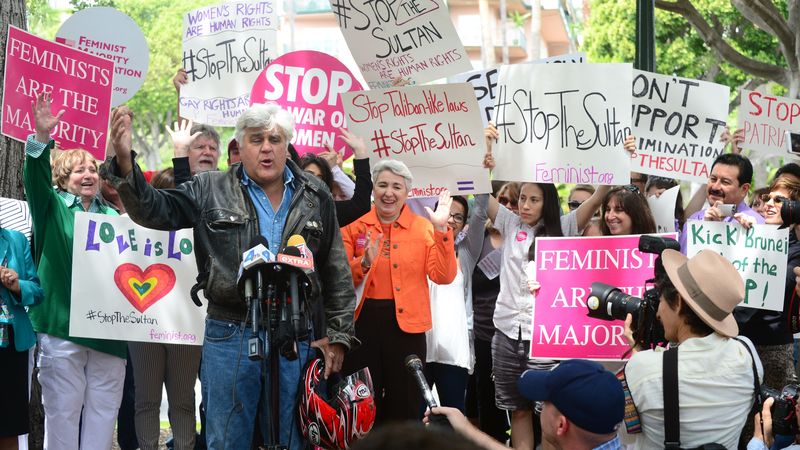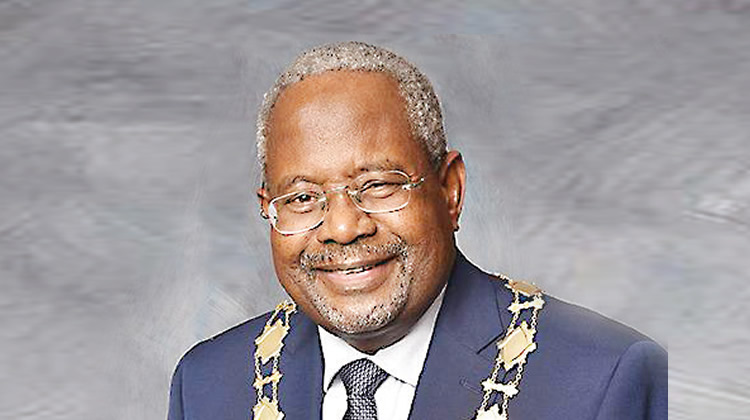PRESS RELEASE
On behalf of the International AIDS Society (IAS), we, the officers and Regional Representatives of Asia and the Pacific Islands of the IAS Governing Council, express our grave concern regarding the anti-gay laws in Brunei Darussalam.
From 3 April 2019, Brunei Darussalam will impose death by stoning as punishment for gay sex and adultery, as provided for in sections of the country’s Syariah Penal Code Order 2013. This comes against a backdrop of discrimination against gay and other men who have sex with men in the country. It has caused widespread concern among lawmakers, human rights organizations and politicians around the world.
This development is in clear contravention of the Universal Declaration on Human Rights. It is also contrary to Brunei’s stated commitment to end the AIDS epidemic by 2030. In 2016, the Sultan of Brunei signed the ASEAN Declaration of Commitment on HIV and AIDS, committing the country to “focus and target HIV and AIDS programmes for key affected populations”, and pledging to ensure achievement of the UNAIDS 90-90-90 targets. It builds on previous Association of Southeast Asian Nations (ASEAN) commitments that have called for political will and leadership and meaningful partnerships with stakeholders and key affected populations.
These targets and commitments will never be met if the government persecutes gay and other men who have sex with men.
Brunei Darussalam also committed to “expanding efforts, in accordance with national legislation and priorities, to provide a supportive environment to reduce stigma and discrimination towards key affected populations”. However, its anti-gay measures reinforce stigma and discrimination against gay and other men who have sex with men and hamper progress to ensure safe access to health services.
Homophobia continues to be a major barrier to ending the global AIDS epidemic. Fear and persecution foster a hostile environment that undermines efforts of HIV programmes.
The number of HIV cases diagnosed in Brunei Darussalam since the first confirmed case of HIV in 1986 is relatively low, at 265. Yet new infections have been steadily increasing since 2014, with 20 new cases reported annually. New infections since 2014 constitute 62% of total HIV cases. Discrimination and homophobia drive many people away from the services that they need by creating barriers to testing and access to treatment, care and support.
Brunei’s Ministry of Health is a signatory to the United Nations political declaration to end the AIDS epidemic by 2030. The Minister of Health on World AIDS Day 2018 called for targeted prevention interventions and engagement with key affected populations; he also declared that HIV-related stigma “leads to social isolation, lowers self-esteem, and damages mental health. No one should have to face it and we all have our part to play in stamping it out.”
The legal environment is not aligned to enabling the realization of this commitment; instead, it utterly undermines these objectives.
We strongly urge the Government of Brunei Darussalam to halt the introduction of these cruel and inhuman measures and to revise the Syariah Penal Code Order 2013 to ensure that it aligns with its human rights and other international obligations and abides by the commitments made to ASEAN and the UN.
We plead with our colleagues in Brunei Darussalam to respect their commitments to ending the AIDS epidemic and to fast tracking and sustaining the ASEAN response to HIV and AIDS. We plead with them to review legislation, programmes and practices so that they are truly in accordance with the principles of universal health coverage and that they align to enable – rather than persecute – gay and other men who have sex with men to have full access to services.
Signed
IAS Governing Council Asia and the Pacific Islands Regional Representatives
Adeeba Kamarulzaman, IAS President-Elect
Faculty of Medicine
University of Malaya
50603 Kuala Lumpur
Malaysia
Shuzo Matsushita
Centre for AIDS Research
Kumamoto University
2-1-1 Honjo
Kumamoto 860-0811
Japan
Sharon Lewin
Doherty Institute for Infection and Immunity
University of Melbourne
786-798 Elizabeth Street
Melbourne, Victoria
Australia 3010
Nittaya Phanuphak
The Thai Red Cross AIDS Research Centre
104 Rajdumri Road
Pathumwan
Bangkok 10330
Thailand
Ishwar Gilada
Unison Medicare & Research Centre
Maharukh Mansion, Alibhai Premji Marg, Grant Road
Mumbai, Maharashtra 400007
India




2 Comments